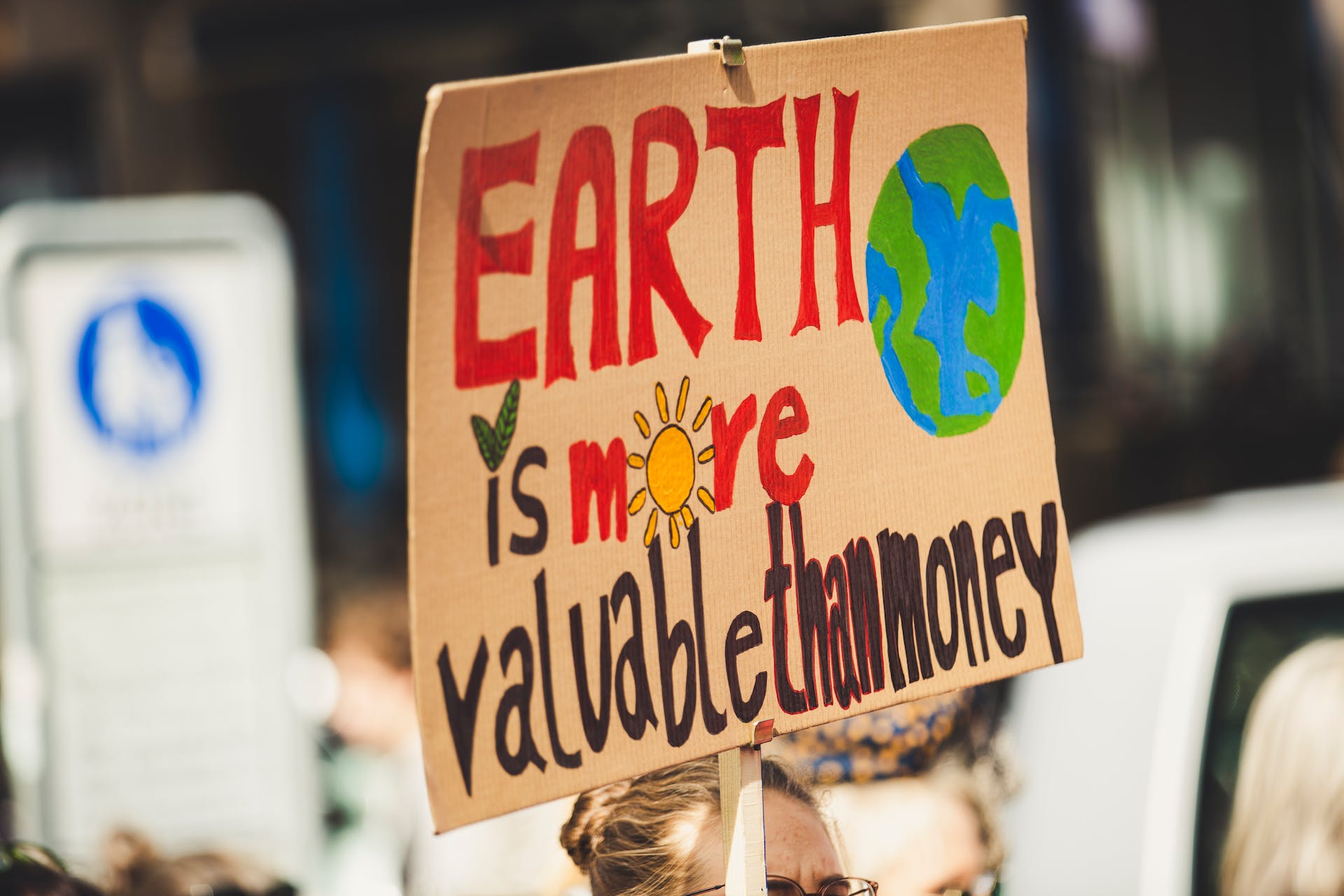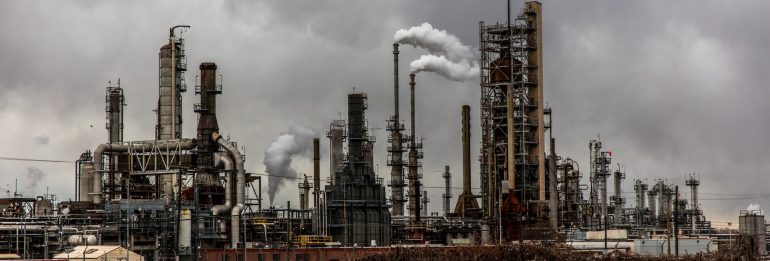The United Kingdom, a front-runner in the global effort to combat climate change, has announced a groundbreaking initiative to levy a carbon tax on imported goods, including key raw materials such as aluminium, iron, steel, and cement, starting from 2027. This move is part of the UK's broader strategy to achieve net zero emissions, a goal enshrined in its legislation, making it the first major economy to do so. The UK's progress in reducing emissions surpasses that of any other G7 country, demonstrating its commitment to environmental sustainability.
Leveling the Playing Field
The British Treasury explained that the introduction of this carbon tax is aimed at creating a more equitable market environment. By imposing a levy on higher carbon, yet cheaper, imports, the UK intends to protect its domestic producers, who are often at a disadvantage due to their greener, but more expensive, production methods. This tax is seen as a crucial step in ensuring fair competition and encouraging the adoption of more environmentally friendly production techniques globally.
Criticism from British Steel
Despite the positive reception of this initiative in some quarters, British Steel has expressed dissatisfaction, labeling the implementation timeline as too slow. The proposed UK tax will come into effect a year after the European Union's similar measures, potentially putting British producers at a temporary disadvantage. This delay has sparked concerns among local industries, who fear falling behind their EU counterparts.
Combating 'Carbon Leakage'
A key aspect of the UK's new policy is addressing the issue of 'carbon leakage.' This term refers to the risk of production, and consequently emissions, shifting to countries with more lenient environmental regulations and lower carbon pricing. The new rules aim to mitigate this risk, ensuring that global emissions are reduced and not merely relocated. Treasury chief Jeremy Hunt emphasized that the levy is designed to ensure that carbon-intensive imports face similar costs to those produced domestically, aligning decarbonization efforts with global emission reductions.

Government's Environmental Commitment Questioned
The Conservative government, led by Prime Minister Rishi Sunak, has faced criticism for allegedly diluting some of the country's environmental commitments. Accusations of being swayed by short-term economic interests over long-term environmental goals have been levelled against the administration, casting a shadow over its green credentials.
Comparisons with the EU
The UK's decision to implement the Carbon Border Adjustment Mechanism (CBAM) has been generally well-received. However, the delayed start date compared to the EU's similar proposal, which is set to be enacted in 2026, has raised concerns. Since Brexit, the UK has often mirrored EU policies, but the lag in implementing this environmental measure could have significant implications for British industries.
Industry's Call for Action
UK Steel's director general, Gareth Stace, highlighted the global disparity in carbon pricing, with a significant portion of steel production facing no carbon costs. He stressed the necessity of a carbon border policy to establish fair competition based on carbon pricing. Stace also pointed out that despite repeated warnings from the steel sector about the risks of not aligning with the EU's timeline, the UK government appears to be preparing for a scenario where it lags behind its European counterparts.
In conclusion, the UK's plan to implement a carbon tax on imports marks a significant step in its environmental strategy. However, the effectiveness and impact of this policy will depend on its implementation timeline and the government's ability to balance economic and environmental priorities.
©GlobalCO2.uk





